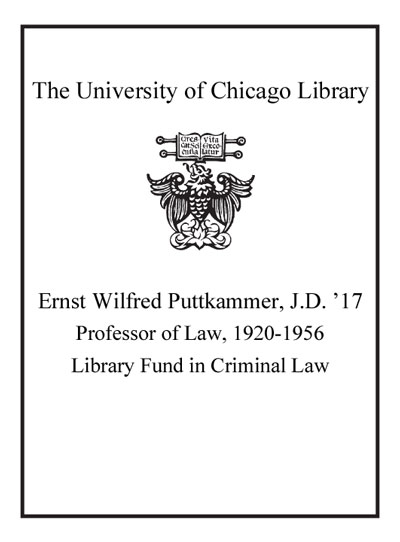Review by Publisher's Weekly Review
Our responses to acquaintance rape, anthropology professor Sanday (Fraternity Gang Rape) proposes, are products of a complicated history of beliefs about human sexuality. Victorian standards helped foster the practice of using a rape complainant's past to undermine her character and credibility, while our culture's attraction to rugged masculinity often generates more sympathy for defendants in rape trials than for their accusers. Here Sanday traces the often contradictory beliefs about female sexuality and female autonomy that emerged from different eras of American history and discusses their impact on contemporary evaluations of accusations of acquaintance rape. Taking up recent controversial cases such as those of Mike Tyson and William Kennedy Smith, Sanday explores the various ideologies of gender and sexuality that made America's responses to these cases both heated and ambivalent. Her analysis of past and present attitudes toward acquaintance rape is insightful and persuasive. (Mar.) (c) Copyright PWxyz, LLC. All rights reserved
(c) Copyright PWxyz, LLC. All rights reserved
Review by Library Journal Review
Anthropologist Sanday (Univ. of Pennsylvania) has often been criticized by other scholars for the empathetic tone of her writings. Such criticisms charge that feeling makes the writings less than scholarly, an accepted patriarchical view that defines scientific writing. In this book, Sanday again goes against the grain and will no doubt make most critics uncomfortable. In a moving, evocative voice, she presents grueling details of cases of acquaintance rape and theorizes that rape is a result of male bonding and socialized ideas of machismothe ones she supports by tracing sexual mores from the 17th century to the present and describing the prevalent social beliefs regarding sex in each period. She also gives a thorough presentation of case law involving rape for each historical period. Affirmative verbal consent, a concept being embraced by educational institutions throughout the country, appears to be a way to transcend stereotypical views between men and women and liberate both sexes to experience real pleasure in sensuality. Recommended for academic libraries.Paula N. Arnold, Central Michigan Univ. Lib., Troy (c) Copyright 2010. Library Journals LLC, a wholly owned subsidiary of Media Source, Inc. No redistribution permitted.
(c) Copyright Library Journals LLC, a wholly owned subsidiary of Media Source, Inc. No redistribution permitted.
Review by Kirkus Book Review
An intriguing though overly schematic history of date rape in America, from colonial times to the present. According to feminist scholar Sanday (Anthropology/Univ. of Pennsylvania), if you want to understand what happened one March night in 1990, when six frat brothers at New York City's St. John's University gang-raped their intoxicated black classmate, you have to ``journey through the centuries'' and study the sexual culture of the Puritans and their ancestors. And if you want to understand why the St. John's defendants were either acquitted or sentenced to probation, you have to study the misogynist jury instruction about false accusations devised by the English jurist Matthew Hale in the mid-17th century. Sanday's thesis is an academic conceit of the highest order; her insistence on historicizing both the crime of acquaintance rape and its disposition in courts of law results in vast oversimplifications about trends in gender ideology and criminal jurisprudence. Nevertheless, the author's approach yields some provocative insights: For example, she draws a convincing parallel between the 1793 case of Lanah Sawyer, a teenage sewing girl raped by the libertine son of an aristocratic family, and the 1991 case of Patricia Bowman, who accused William Kennedy Smith of date rape after a brief encounter at a Palm Beach bar. Like Bowman, Sawyer was excoriated in court as the archetypal working-class gold digger with a questionable sexual history--and despite the popular perception that the famous defendant was guilty, he was acquitted. Sanday is less successful in demonstrating how the contradictory theories of Sigmund Freud, Havelock Ellis, Alfred Kinsey, Hugh Hefner, Kate Millett, Camille Paglia, and Katie Roiphe have melded to inspire the 20th-century sexual Zeitgeist, as well as the opposing verdicts in the St. John's and Mike Tyson rape trials. Better for the analysis of specific cases than for the tourist-class ``journey'' through intellectual and legal history. (Author tour)
Copyright (c) Kirkus Reviews, used with permission.
Review by Publisher's Weekly Review
Review by Library Journal Review
Review by Kirkus Book Review

